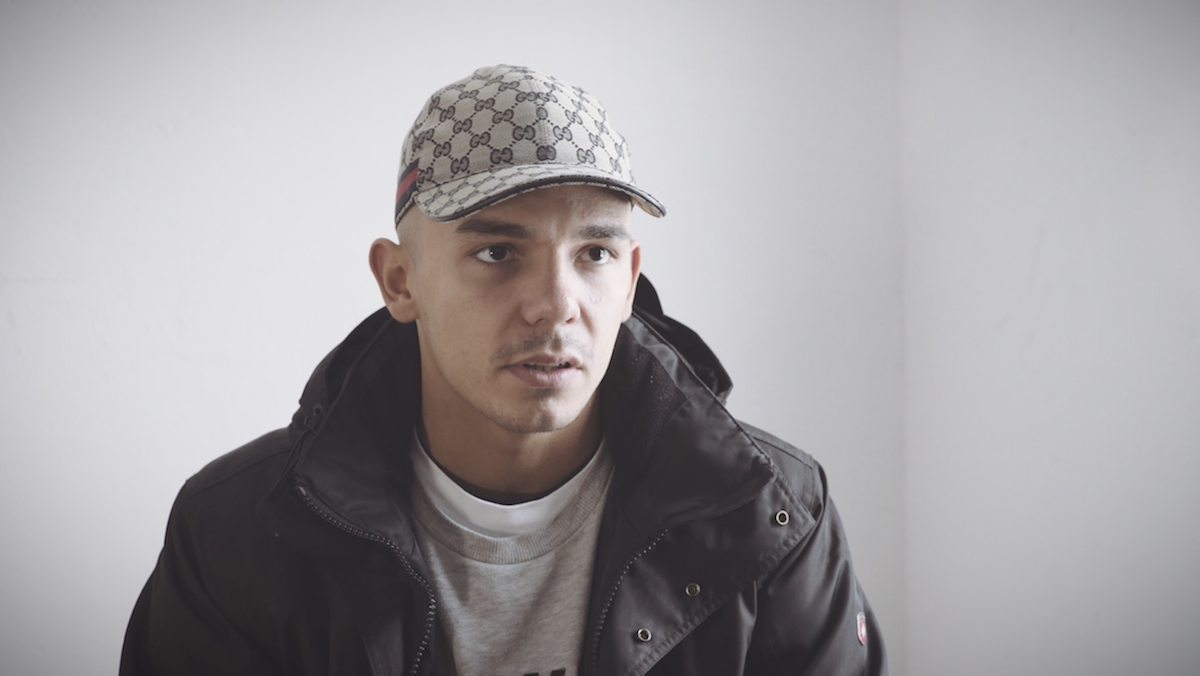

“It’s beautiful to see you all here tonight. “Welcome to the hip hop revolution,” one of them says, surveying the room.

A voice booms from behind the bar: “I wanna hear everybody up in here say… ‘It’s Tuesday! ’” As the crowd break into cheers, the performers begin drilling out razor-sharp freestyle verses over an up-tempo trap beat. One’s short while the other is so tall he almost hits his head on the low ceiling. Once inside, two frontmen promptly emerge on-stage. After a short while a man – wearing a vest so low-cut both nipples are on display – appears from inside and gestures for them to enter. A diverse young crowd is gathered outside Badehaus, a run-down music venue that closely resembles a western saloon, waiting patiently for the doors to open. It’s a Tuesday evening in the east Berlin neighbourhood of Friedrichshain. Grappling with societal fractures and a far-right surge, young Germans have discovered a new way of building bridges in the face of disunity: hip hop.


 0 kommentar(er)
0 kommentar(er)
